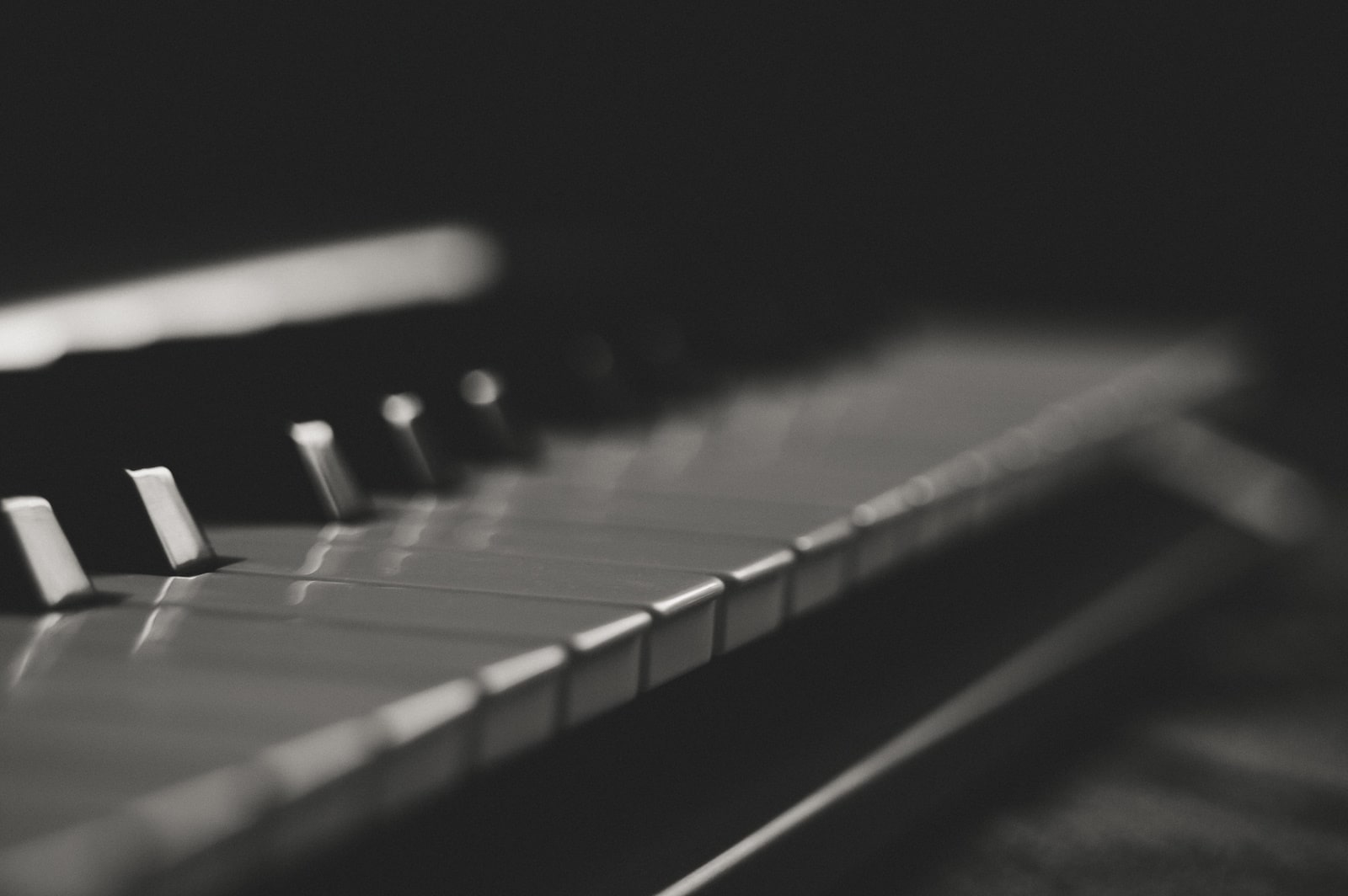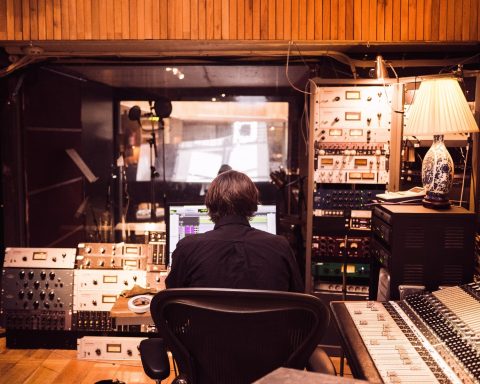I. Introduction:
The piano is a timeless instrument, capable of stirring emotions and filling hearts with joy. But like any valuable possession, it requires proper care to maintain its beauty and functionality. When it comes to piano maintenance, two main approaches emerge: DIY and professional. Choosing the right path depends on your skill level, budget, and the specific needs of your instrument. This article will explore the benefits of both approaches, helping you find the perfect balance for your piano’s long-term health.
II. Benefits of DIY Piano Maintenance:
For many piano owners, the allure of DIY maintenance lies in its affordability. By performing simple tasks themselves, they can save significantly on professional service fees. This not only stretches their budget but also fosters a sense of ownership and accomplishment. The process of learning to clean, dust, tighten loose screws, and perform basic tuning adjustments becomes a rewarding journey of discovery, deepening their understanding and appreciation for their prized instrument.
Beyond cost savings and personal satisfaction, DIY maintenance empowers piano owners to address minor issues promptly. This responsiveness can be crucial in preventing small problems from escalating into costly repairs. Whether it’s a loose screw or a slightly off-key note, the ability to take immediate action ensures the piano remains in optimal playing condition.
However, it’s important to acknowledge that the DIY approach is best suited for basic tasks. Complex issues requiring advanced tools, expertise, and experience should be left to professionals. Recognizing one’s limitations and seeking help when needed is essential for safeguarding the long-term health of your beloved piano.
III. Benefits of Professional Piano Maintenance:
While DIY maintenance offers numerous benefits, there are situations where the expertise of a professional becomes indispensable. Piano technicians possess years of training and experience, allowing them to identify hidden problems that may escape the untrained eye. Their in-depth knowledge of the piano’s intricate mechanisms empowers them to address complex issues, such as worn-out hammers, loose action components, and intricate tuning adjustments.
Furthermore, professionals have access to specialized tools and equipment that are not readily available to the average DIYer. These tools, like tuning forks, torque wrenches, and voicing tools, are essential for ensuring accurate tuning, precise action regulation, and optimal sound quality.
One of the greatest advantages of professional piano maintenance is the proactive approach it fosters. By regularly assessing the instrument’s condition, professionals can identify potential problems early on, preventing them from developing into more serious and costly issues down the line. This preventive approach saves both time and money in the long run, ensuring your piano remains a source of enjoyment for years to come.
Professional services also come with the guarantee of quality. Highly skilled technicians strive to achieve optimal performance and sound quality from your instrument, allowing it to truly sing its full potential. This dedication to excellence ensures a playing experience that is both enjoyable and rewarding.
Finally, entrusting your piano’s care to a professional brings peace of mind. Knowing that your instrument is in safe hands allows you to focus on the joy of playing and experiencing the magic of music, free from the worries of technical upkeep.
IV. Finding the Right Balance:
While both DIY and professional approaches offer distinct advantages, the key to optimizing your piano’s care lies in finding the perfect balance between the two. By combining regular DIY maintenance with periodic professional services, you can ensure your instrument receives the comprehensive attention it deserves.
As a general guideline, regular tasks like dusting, cleaning the keys, and polishing the finish can be done by the owner on a weekly or bi-weekly basis. Additionally, basic tuning adjustments can be attempted by experienced DIYers equipped with the right tools and knowledge. However, professional tuning is typically recommended at least twice a year, depending on the piano’s condition and usage frequency. Pianos used heavily by proficient players may require more frequent tuning compared to those used occasionally by beginners.
It’s important to acknowledge that not all issues fall within the realm of DIY capabilities. Major repairs, complex action regulation, and voicing are tasks best left to the skilled hands of a professional piano technician. Ignoring these issues or attempting to fix them yourself can lead to further complications and even irreversible damage to your instrument.
Therefore, it’s critical to develop a relationship with a trusted piano technician who can provide expert guidance and support. Regular professional assessments, coupled with your own dedication to DIY maintenance, will create the ideal environment for your piano to thrive.
Fortunately, the world of DIY piano maintenance is brimming with resources to support your learning and endeavors. Whether you’re a seasoned DIYer or just starting out, there’s a wealth of information available to guide you on your journey.
Online Tutorials: For a visual and interactive learning experience, numerous online tutorials offer step-by-step instructions on various DIY piano maintenance tasks. These tutorials cover everything from basic cleaning techniques to more advanced procedures like minor tuning adjustments. Platforms like YouTube, Piano Marvel, and Hoffman Academy offer a diverse selection of tutorials catering to different skill levels.
Books and Magazines: The traditional print format continues to be a valuable source of knowledge for DIY enthusiasts. Books like “The Piano Book” by Larry Fine and “Piano Owner’s Guide” by Michael Pilhofer provide comprehensive guides on maintaining and repairing your instrument. Additionally, magazines like “Piano Today” and “Clavier” regularly publish articles and tips on keeping your piano in top shape.
Forums and Online Communities: Connecting with fellow piano owners online can be a great way to share experiences, solve problems, and learn from each other. Forums like Pianoworld and Piano Technicians Guild offer dedicated spaces to discuss DIY maintenance techniques, seek advice from experienced pianists and technicians, and exchange valuable insights.
Acquiring the Right Tools and Supplies: Once you’re armed with knowledge, it’s time to equip yourself with the necessary tools and supplies. Online retailers like Amazon and Pianote.com offer a wide range of products specifically designed for piano maintenance, including tuning kits, cleaning solutions, polishing cloths, and specialized tools. Additionally, don’t underestimate the expertise of your local music shop Walnut Creek. They often carry essential supplies and can offer valuable guidance on choosing the right tools for your needs.
By embracing a combination of DIY initiatives and professional expertise, you can ensure your piano receives the consistent care it deserves. Remember, the journey of piano maintenance is a continuous learning process. By actively seeking resources, experimenting with DIY techniques, and engaging with the piano community, you can become a confident caretaker of your treasured instrument, allowing its music to resonate for years to come.
VI. Conclusion:
A well-maintained piano is not just an instrument; it’s a cherished companion on your musical journey. Regular care ensures your piano remains in optimal condition, allowing you to enjoy its beautiful sound and responsive touch for years to come. By combining DIY tasks with professional services, you can strike the perfect balance between taking ownership and ensuring expert attention.
Whether you choose to tackle basic cleaning and tuning adjustments or entrust major repairs to professionals, remember that the key lies in consistency and commitment. By taking proactive steps towards maintaining your piano’s health, you’re investing in its longevity and preserving its value as a treasured possession.
To help you embark on this rewarding journey, we’ve included contact information for local piano technicians and music shops offering related services. They can provide expert guidance, essential supplies, and support to ensure your piano continues to sing its song for generations to come.
Remember, the joy of music begins with the care of your instrument. Embrace the responsibility of being a piano owner, and let your dedication echo in the beautiful melodies that fill your life.














